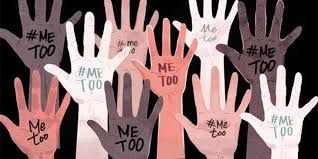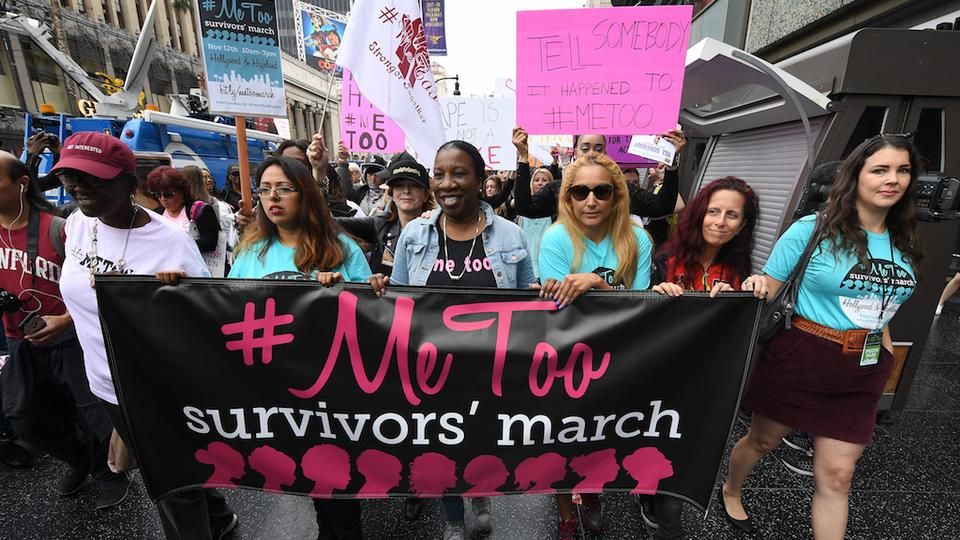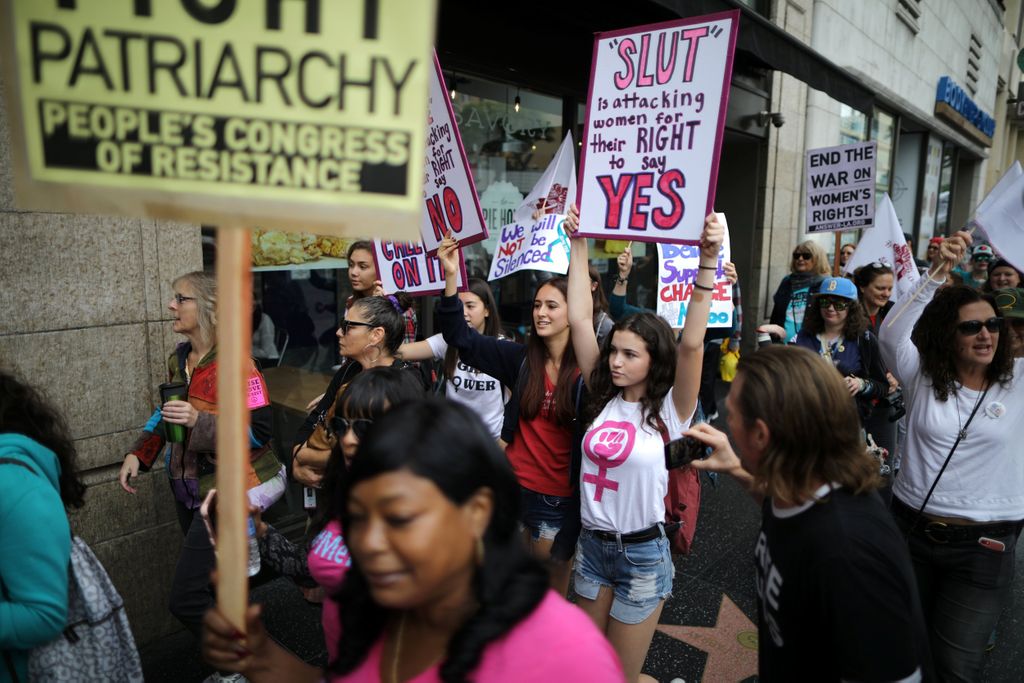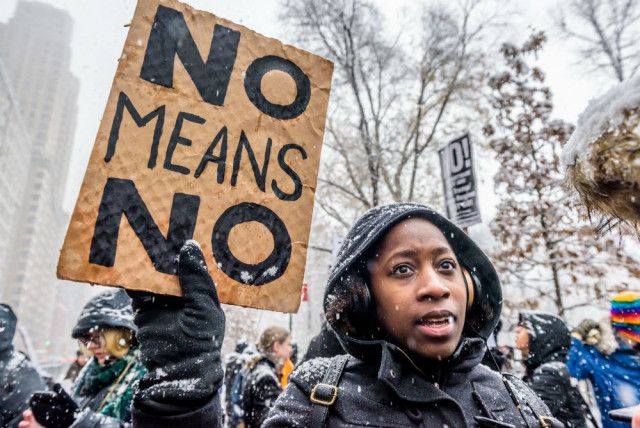Pros And Cons Of The Me Too Campaign
Mar 27, 2019 • 2292 views

Late last year, Twitter was awash with the the ‘Me Too’ campaign which had went viral as a hashtag used to help demonstrate the widespread prevalence of sexual assault and harassment. Though the campaign was initially started by Tarana Burke, an African-American civil rights activist, way back in 2006, it was Actress Alyssa Milano’s tweet that popularised it last year. Through her tweet, Milano encouraged women who have been sexually harassed or assaulted to write ‘Me Too’ as a way of giving people a sense of the magnitude of the problem. Indeed the efforts were not in vain, the campaign has helped bring a number of offenders to justice, such as Harvey Weinstein, a former American film producer, and actor Bill Cosby, whose conviction is seen as the first legal victory of the campaign. Could the campaign mean the start of a journey that will finally overcome sexual harassment?

➟Katie Carlson, a gender activist, founder and director of Paper Crown Institute, says that the #Me Too movement has been a watershed moment for the cause of ending violence and harassment against women, both in the work environment and beyond.
➟The role of social media has been crucial in bringing together all of these different women's voices, and because there are so many of us speaking out at once, it has emboldened a lot of them to finally come forward.
➟Even though the battle against sexual harassment won’t be won today or tomorrow, it will finally be overcome. It will take time to educate people, attitude change takes long.
➟Social media is useful to educate, inform and remind the audience (both women and men) that women and girls have rights on their bodies so they should not be sexually assaulted, abused or harassed but they should use their bodies as they please

Pros:
1) #metoo, #rosearmy and others give a needed forum to women who have had bad experiences with men. They can warn others, share experiences in a cathartic way, make it easier for others to speak-up and generally shame deserving men into change; thereby making society safer/nicer for women.
2) For those women who were unable to use the legal system at the time of their harrassment/assault for whatever reason — fear/intimidation, career, finances etc. or simply the system failed them, this movement provides a “second chance” at justice.
3) Crowdsourcing is a scientifically validated principle. Some people lie and some don't. Let's say it's 50/50. Mainly those somewhat motivated will challenge. When mass human interaction is factored-in, defending challenges with like-minded/popular individuals supporting can — statistically, in most cases —define truth. When you add-in weighting/triage (e.g. Does preventing x women from potentially being subjected to y exceed one man being labelled z?) you, in theory get the most efficient social justice system possible. This is a hugely complex task however.

Cons:
1) The movement is almost entirely unregulated. Anyone can accuse anyone of anything. Its proponents state there is a very low incidence of false claims (something around 10%).
2) Libel laws cannot be relied upon. In the UK (very strict libel laws), the accuser must prove truth; whereas in the US the accused must prove falsity. This means it is often extremely unwise to make claims you cannot prove in the UK as you will usually be sued. In practice though, Twitter servers are not based in the UK and so it becomes legally gray. Given it is difficult to prove a negative, the bar is much lower in the US and consequently why this movement has obtained more traction there. Other countries either vary between these polarities or have no libel laws at all.
3) Use of language is a huge problem. Many proponents use the default term "rape" for all sexual harassment including being "handsy". Primarily this is due to the attention the word gets. Some justify it as being a "140 character" practicality but this both diminishes the suffering of genuine rape victims and dangerously stigmatizes the unjustly accused. Most people viscerally know what “rape” means and this is backed-up by most dictionary definitions.
4) Proponents do not tolerateanyform of dissent. If a supplementary social justice platformis currently being built (which it effectively is), it must be robust enough to withstand challenge. In practice, anyone querying correct use of the word "rape" or why the accuser continued/continues to be friends with the person they are accusing are themselvesinstantlyaccused of "diminishing" the accusers claims and being a "rape apologist". Often they are repeatedly accused by the accusers followers/SJWs and added tovarious Twitter "rape apologist" lists.
5) Unlike the criminal justice system, there are no checks and controls over someones mental health. The net affect of hundreds of "rapist" accusing tweets/unfollows can only push someone toward suicide. Whether they are innocent or guilty is irrelevant here.
6) Tweeting about the accused can help invalidate future legal cases against the accused — both for the accuser and future accusers.
My view is that current social media tools are whollyinsufficient to support this movement. Further that this movement is more dangerous than it is helpful right now.
